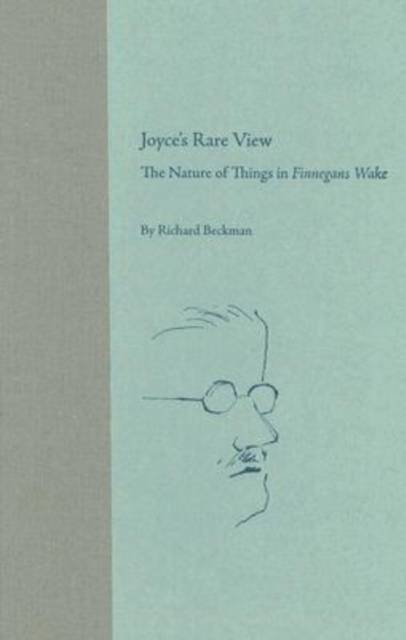
- Afhalen na 1 uur in een winkel met voorraad
- Gratis thuislevering in België vanaf € 30
- Ruim aanbod met 7 miljoen producten
- Afhalen na 1 uur in een winkel met voorraad
- Gratis thuislevering in België vanaf € 30
- Ruim aanbod met 7 miljoen producten
Zoeken
Omschrijving
Focusing on the mode of perception in the ""Finnegans Wake"" - seeing the world obliquely because that is often the only way to get at the nature of things, this title maintains that Joyce's satire depends on looking at the public scene from behind, a view at the same time vaudevillian and philosophic.
Specificaties
Betrokkenen
- Auteur(s):
- Uitgeverij:
Inhoud
- Aantal bladzijden:
- 240
- Reeks:
Eigenschappen
- Productcode (EAN):
- 9780813030593
- Verschijningsdatum:
- 13/05/2007
- Uitvoering:
- Hardcover
- Afmetingen:
- 160 mm x 236 mm
- Gewicht:
- 475 g

Alleen bij Standaard Boekhandel
+ 129 punten op je klantenkaart van Standaard Boekhandel
Beoordelingen
We publiceren alleen reviews die voldoen aan de voorwaarden voor reviews. Bekijk onze voorwaarden voor reviews.







